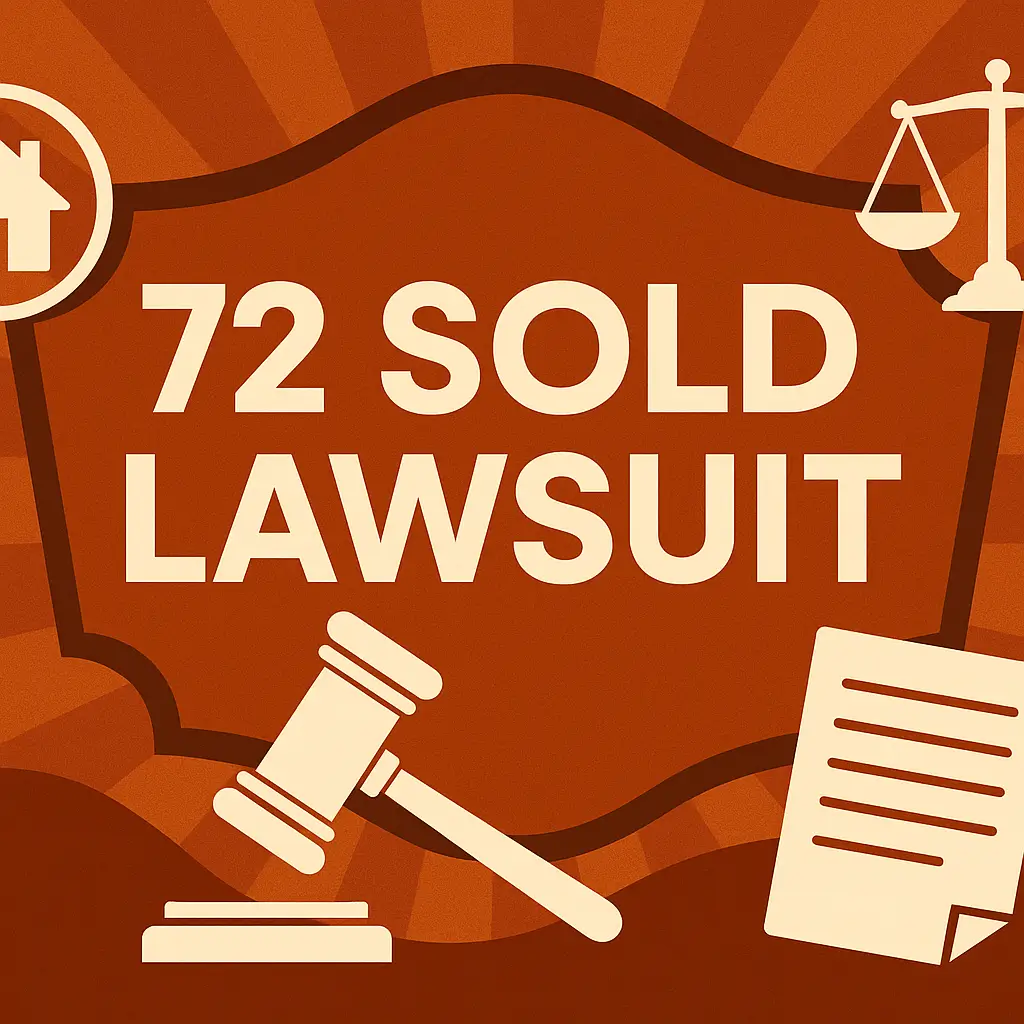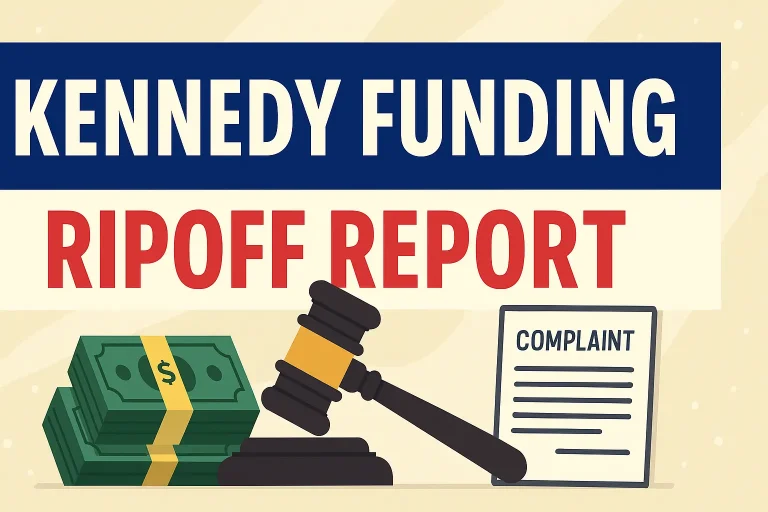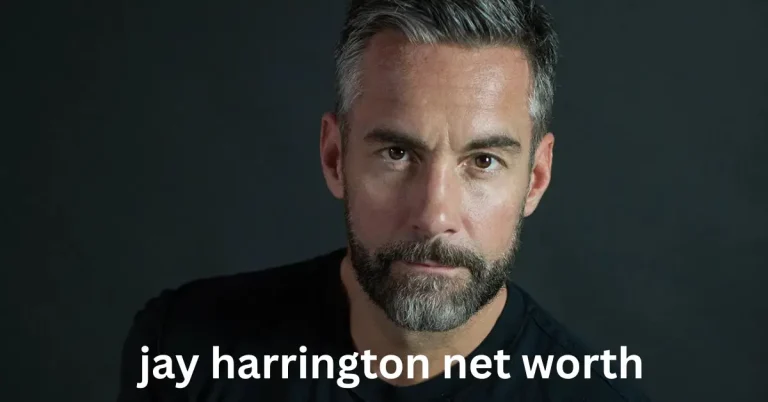
In recent years, 72 SOLD has gained significant attention in the real estate market, promising homeowners a fast, hassle-free home-selling experience. Their business model revolved around aggressive marketing tactics that emphasized selling homes quickly at top dollar. However, this bold approach has led to numerous allegations, resulting in a lawsuit that could significantly impact the way real estate businesses operate in the future. This article delves into the 72SOLD lawsuit, unpacking the legal challenges, consumer complaints, and potential shifts in real estate regulations and practices.
What is the 72 SOLD Lawsuit?
The 72SOLD lawsuit centers around allegations of false advertising, misleading business practices, and unethical home sale strategies. 72SOLD, a real estate service promoting quick home sales, has come under scrutiny for making promises that many consumers claim were unmet. The company’s advertisements suggested that homeowners could sell their homes in just 72 hours, but many individuals who participated in the service reported their experiences were far from as seamless as advertised.
Consumers have accused 72SOLD of employing misleading real estate advertisements that inflated expectations about the ease and speed of the sale process. As a result, many homeowners felt deceived when their properties either didn’t sell quickly or didn’t fetch the promised price. The lawsuit also touches on issues related to real estate service fees and the transparency of the entire process, highlighting that homeowners were not fully informed about all the costs involved in their transactions.
Also Read: https://fizzymag.co.uk/traceloans/
Decoding the 72SOLD Lawsuit: Allegations of False Advertising and Misleading Practices
At the heart of the lawsuit are false advertising claims. 72SOLD marketed its services through bold promises, including the assurance that homes would sell in 72 hours or less, often claiming above-market prices. However, many homeowners have reported significant discrepancies between the marketing and the actual outcomes of their sales. These misleading marketing strategies, coupled with high pressure from agents to move forward with contracts, have led to consumer frustration.
The lawsuit also highlights concerns about home price promises made by 72SOLD. Clients were often led to believe their homes would sell at a premium price within a short timeframe, but many found themselves struggling with properties that stayed on the market much longer than expected or sold for significantly less than anticipated. Such practices have raised questions about marketing vs. reality in home sales and whether the company engaged in unethical home sale practices to attract customers.
Examining Consumer Complaints: Disappointing Home Sales and Unmet Expectations
Many homeowners have shared their negative experiences with 72SOLD, citing unmet expectations about the sale process. Some of these consumer complaints center on the home selling experience, which was advertised as easy and fast but turned out to be lengthy and stressful. Homeowners have reported being disappointed by the lack of communication from agents and the unclear terms of service, which included real estate service fees that were not disclosed upfront.
In addition to issues with the sale process, some clients were frustrated by what they perceived as a lack of transparency around the fees they would incur. As homeowners were drawn into the process by the allure of fast home sale marketing, they were often blindsided by additional costs, leaving many feeling that their expectations had been manipulated by the company’s real estate business model.
The Legal Landscape: Licensing Issues and Regulatory Oversight in the Real Estate Industry
One of the key aspects of the 72SOLD lawsuit is the scrutiny of licensing and regulatory oversight in the real estate industry. The allegations point to the company’s failure to adequately adhere to industry standards and local real estate regulations. Real estate agents working for 72SOLD are licensed professionals, but the lawsuit raises questions about whether the company’s practices align with established ethical standards and consumer protection laws.
The role of local real estate licensing boards becomes critical in ensuring that businesses like 72SOLD operate within the bounds of the law. These boards are responsible for investigating claims of unethical home sale practices and ensuring that real estate agents maintain transparency in their dealings with homeowners. This case may serve as a significant turning point in how these boards handle complaints related to deceptive real estate advertising.
Financial and Legal Consequences for 72SOLD: What Could Happen Next?
The financial and legal consequences of the 72SOLD lawsuit could be far-reaching, both for the company and the real estate industry as a whole. If the lawsuit results in a verdict against the company, 72SOLD could face substantial fines or penalties under consumer protection laws. In addition to financial repercussions, the lawsuit could damage the company’s reputation, making it harder for them to recover from the backlash.
Moreover, the legal ramifications for false advertising could lead to stricter regulations on how real estate services are marketed in the future. The case may prompt other businesses to reconsider their marketing strategies and transparency in their sales processes to avoid similar legal challenges. This shift could lead to a more regulated market where businesses are required to provide clearer, more accurate information about home sale expectations.
Consumer Protection and the Role of Regulatory Authorities in Real Estate Practices
In light of the 72SOLD lawsuit, consumer protection laws have come into focus. These laws are designed to protect homeowners from deceptive business practices and ensure that they are fully informed about the services they are purchasing. As the case unfolds, it will highlight the role of regulatory authorities like the Federal Trade Commission (FTC) in overseeing business practices in the real estate sector.
Regulatory authorities have the power to enforce standards and impose penalties on companies that violate consumer rights. This case may push for stricter enforcement of advertising rules within the real estate industry, ensuring that future homeowners are not misled by over-promises of fast, easy sales. It also emphasizes the need for greater real estate fee transparency and ethical practices in the marketing and sale of homes.
How 72SOLD’s Business Model Could Transform in the Wake of Legal Action
The outcome of the 72SOLD lawsuit could cause the company to re-evaluate its entire real estate business model. In response to the legal pressure and the damage to its reputation, 72SOLD might implement changes in how it markets its services, manages customer expectations, and structures its pricing. These adjustments could include greater transparency in advertising, clearer communication with homeowners about potential fees, and a more realistic depiction of the home selling process.
If 72SOLD is to survive the lawsuit and maintain its position in the market, it will need to prove to homeowners that it can be trusted. This might involve making significant changes to its operations, such as improving customer service, addressing complaints more effectively, and rethinking its fast-sale promises. The future success of 72SOLD will depend on its ability to rebuild consumer trust in a way that aligns with consumer protection laws and ethical home sale practices.
The Broader Impact: How the 72SOLD Lawsuit Could Change Real Estate Marketing and Customer Trust
The 72SOLD lawsuit is not just a case involving one company—it has the potential to reshape the broader real estate industry. As the case draws attention to misleading marketing and home price promises, other businesses in the real estate space will likely have to reassess their marketing strategies. Fast home sale marketing could come under intense scrutiny, with a focus on ensuring that claims made to homeowners are both accurate and achievable.
This legal action could also have lasting effects on customer trust in real estate services. Homeowners are increasingly wary of marketing tactics that promise fast results without clear terms. As a result, real estate agencies may be pushed to adopt more transparent, ethical business practices, thereby rebuilding the trust that has been eroded by misleading real estate advertisements.
What Home Sellers Can Learn: Key Takeaways from the 72SOLD Lawsuit for Future Real Estate Transactions
For future property buyers and sellers, the 72SOLD lawsuit offers several critical lessons. One of the most important takeaways is the need for homeowners to carefully research any real estate service they are considering. It’s essential to fully understand the terms and conditions before signing any contracts and to be wary of promises that seem too good to be true, such as fast home sales and inflated prices.
Additionally, homeowners should be vigilant about real estate service fees and ensure they are fully informed about any costs that may arise during the sale process. By understanding the potential sales process in real estate, homeowners can make more informed decisions and avoid falling victim to deceptive business practices.
Strategies for Protecting Yourself as a Home Seller: Choosing the Right Real Estate Service
Homeowners looking to sell their properties should take proactive steps to protect themselves from deceptive practices. One strategy is to ask for referrals from trusted friends and family members who have had positive experiences with real estate agents or services. Additionally, conducting thorough research and reading customer reviews can provide valuable insights into the reliability of a company.
It’s also essential to ask real estate agents about their approach to home selling, including timelines, costs, and expected outcomes. Understanding these factors upfront will help homeowners avoid unexpected surprises and ensure they are working with a reputable service.
The Future of 72SOLD: Can They Survive the Backlash and Rebuild Consumer Trust?
The future of 72SOLD hinges on its ability to recover from the backlash caused by the lawsuit. To do so, the company must demonstrate that it can operate transparently and ethically, addressing consumer complaints and offering realistic promises. If they can adapt to the changing landscape and rebuild trust with homeowners, 72SOLD may be able to emerge stronger from this legal challenge.
However, this will require a substantial shift in how 72SOLD operates and communicates with its clients. The company must prove that it can honor its commitments and offer a truly transparent real estate service that puts homeowners’ needs first. The outcome of this case could set a precedent for other real estate businesses and shift the industry’s approach to advertising and service delivery.
Frequently Asked Questions (FAQs) about the 72SOLD Lawsuit
What is the 72SOLD lawsuit about?
The 72SOLD lawsuit centers around allegations of false advertising and misleading business practices. The company promised homeowners that their homes would sell in 72 hours for top dollar, but many consumers claimed that these promises were not met, leading to consumer complaints and legal action.
2. How did 72SOLD’s marketing mislead homeowners?
72SOLD marketed its services with bold claims about fast home sales and high selling prices. However, many homeowners found that their properties took longer to sell or did not meet the promised sale prices, leading to accusations of misleading real estate advertisements and unethical home sale practices.
3. What are the financial consequences for 72SOLD?
If the lawsuit results in a verdict against 72SOLD, the company could face substantial fines and penalties under consumer protection laws. Additionally, the damage to the company’s reputation may make it more difficult for them to attract future clients.
4. How can homeowners protect themselves when selling a home?
Homeowners should research real estate services carefully before signing contracts. They should ensure they understand real estate service fees and sales processes, and be cautious of companies making overly optimistic promises. Reading customer reviews and asking for referrals from trusted sources can also help avoid deceptive practices.
5. What could happen to 72SOLD’s business model after the lawsuit?
In response to the legal challenges and consumer backlash, 72SOLD may need to revise its business model. This could involve improving advertising transparency, offering clearer communication about real estate fees, and adjusting their promises regarding the speed and price of home sales to align with reality.
Conclusion
The 72SOLD lawsuit has brought important issues to light in the world of real estate marketing and consumer protection. As the case progresses, it has the potential to transform the way real estate services are marketed, pushing for greater transparency and accountability. For homeowners, this case serves as a reminder to be cautious, well-informed, and diligent when choosing a service to sell their home. The key to navigating this evolving landscape is knowledge, and by understanding the implications of this lawsuit, homeowners can better protect themselves in their real estate transactions.






